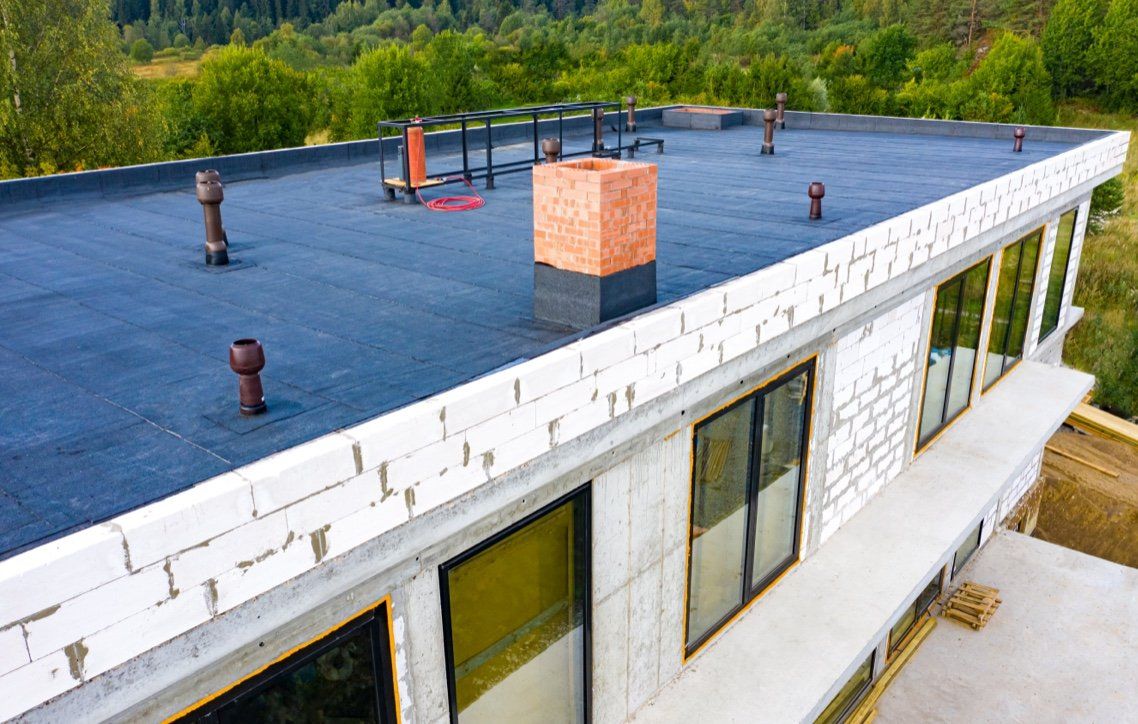Did you know that roof insulation is essential to your home’s energy efficiency? Let’s explore how effective insulation enhances roof performance, reduces energy costs, and makes your home more comfortable.
How Insulation Improves Roof Performance
Proper insulation is key to roof performance. It prevents heat loss in the cold months and keeps your home cooler in the heat, providing a more comfortable living environment year-round.
The Impact of Insulation on Energy Bills
Inadequate insulation forces heating and cooling systems to overwork, driving up your energy bills. Upgrading your roof insulation helps retain temperature, reduce energy costs, and lower your carbon footprint.
How to Upgrade Your Roof Insulation Effectively
- Choose the Right R-Value: Ensure the insulation you choose has a high R-value for optimal performance in your specific climate zone.
- Upgrade to Reflective Insulation: Consider upgrading to reflective insulation to reduce heat absorption and improve energy efficiency in hotter climates.
- Prevent Air Leaks: Make sure to seal any air leaks around vents, skylights, and chimneys to stop warm or cool air from escaping.
- Insulating the Attic: Attic insulation is key to preventing heat loss through the roof, as heat naturally rises. Ensure your attic is well-insulated.

Weathercraft’s Recommendations for Optimal Insulation
Weathercraft recommends top-quality, sustainable insulation solutions for long-term performance. Our experts tailor recommendations to your home’s needs to maximize energy efficiency without exceeding your budget.